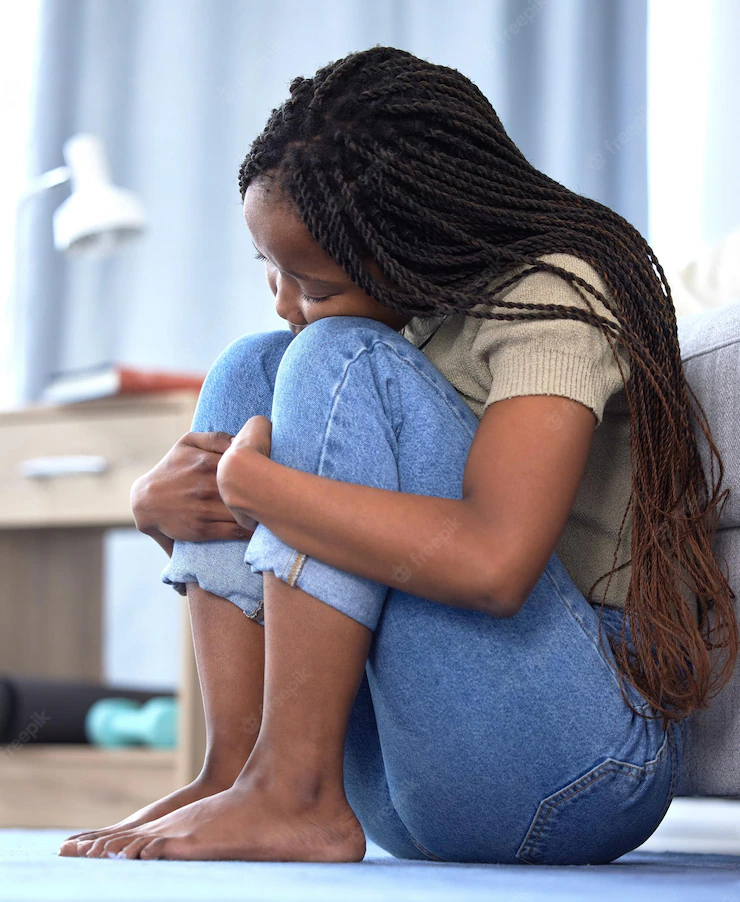Introduction:
Anxiety is a common experience that many individuals face in their everyday lives. It can manifest as feelings of worry, unease, or fear, and if left unmanaged, it can significantly impact our well-being. The good news is that there are practical strategies and techniques to reduce and manage anxiety effectively. In this article, we will explore helpful tips for reducing and managing anxiety in your everyday life.
- Identify triggers and patterns: The first step in managing anxiety is to identify your triggers and patterns. Take note of situations, thoughts, or activities that tend to provoke anxiety. By recognizing these triggers, you can develop strategies to cope with them proactively. Keep a journal to track your anxious thoughts and patterns, which can provide valuable insights into your anxiety triggers.
- Practice deep breathing and relaxation techniques: Deep breathing exercises and relaxation techniques are powerful tools for managing anxiety. When you feel anxious, take slow, deep breaths, inhaling deeply through your nose and exhaling slowly through your mouth. Practice progressive muscle relaxation, where you tense and then release each muscle group in your body, focusing on the sensation of relaxation. These techniques can help calm your nervous system and alleviate anxiety symptoms.
- Prioritize self-care: Self-care is essential for managing anxiety. Take time each day to engage in activities that promote relaxation and well-being. This can include activities such as exercise, meditation, journaling, spending time in nature, or pursuing hobbies that bring you joy. Prioritizing self-care allows you to recharge, reduce stress, and build resilience against anxiety triggers.
- Challenge negative thoughts: Anxiety often arises from negative or distorted thinking patterns. Practice identifying and challenging negative thoughts that contribute to anxiety. Ask yourself if there is evidence to support your thoughts or if you are assuming the worst-case scenario. Replace negative thoughts with more positive and realistic ones. Cognitive-behavioral therapy (CBT) techniques can be particularly helpful in reshaping negative thinking patterns.
- Establish a routine: Having a structured routine can provide a sense of stability and control, reducing anxiety in everyday life. Plan your days and weeks, incorporating regular sleep patterns, healthy meals, exercise, and breaks for relaxation. A consistent routine can help create a sense of predictability and minimize stressors that may contribute to anxiety.
- Limit exposure to triggers: While it may not always be possible to avoid anxiety triggers completely, you can take steps to limit your exposure to them. Evaluate your environment and relationships to identify any sources of stress or negativity. Set healthy boundaries and consider reducing contact with individuals or situations that consistently heighten your anxiety. Creating a supportive and positive environment can significantly impact your anxiety levels.
- Seek social support: Don’t hesitate to reach out for support when you’re feeling anxious. Share your feelings with trusted friends, family members, or a support group. Connecting with others who understand and empathize with your experiences can provide a sense of relief and perspective. Professional help from a therapist or counselor can also be beneficial in developing coping strategies and managing anxiety effectively.
- Practice mindfulness: Mindfulness involves bringing your attention to the present moment without judgment. Engage in mindfulness practices such as meditation, deep breathing exercises, or simply focusing on the sensations of your surroundings. Mindfulness can help ground you in the present and reduce anxious thoughts about the past or future.
Conclusion:
Managing anxiety in everyday life is possible with the right strategies and mindset. By identifying triggers, practicing relaxation techniques, prioritizing self-care, challenging negative thoughts, establishing a routine, limiting exposure to triggers, seeking social support, and practicing mindfulness, you can reduce and manage anxiety effectively. Remember, everyone’s journey is unique, so experiment with different techniques to find what works best for you. With time and practice, you can cultivate a calmer and more balanced life.










